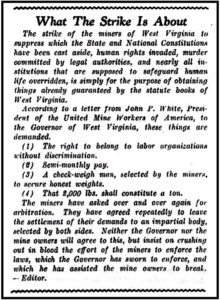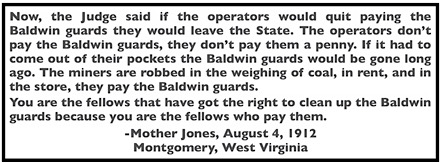 —————
—————
Hellraisers Journal – Wednesday September 2, 1914
Eugene Debs Advocates for Creation of a Gunmen Defense Fund
From the International Socialist Review of September 1914:
The Gunmen and the Miners
By Eugene V. Debs
The time has come for the United Mine Workers and the Western Federation of Miners to levy a special monthly assessment to create a GUNMEN DEFENSE FUND.
This fund should be sufficient to provide each member with the latest high power rifle, the same used by the corporation gunmen, and 500 rounds of cartridges.
In addition to this every district should purchase and equip and man enough Gatling and machine guns to match the equipment of Rockefeller’s private army of assassins.
This suggestion is made advisedly and I hold myself responsible for every word of it.
If the corporations have the right to recruit and maintain private armies of thieves, thugs, and ex-convicts to murder striking workingmen, sack their homes, insult their wives, and roast their babes, then labor unions not only have the right but it is their solemn duty to arm themselves to resist these lawless attacks and defend their homes and loved ones.
To the miners especially do these words apply, and to them in particular is this message addressed.
Paint Creek [West Virginia], Calumet [Michigan], and Ludlow [Colorado] are of recent occurrence.
You miners have been forced out on strike,and you have been made the victims of every conceivable method of persecution.
[For attempting to organize,] you have been robbed, insulted and treated with contempt; you have seen your wives and babes murdered in cold blood before your eyes.
You have been thrown into foul dungeons where you have lain for months for daring to voice your protest against these cruel outrages and many of you are now cold in death with the gaping bullet wounds in your bodies to bear mute testimony to the efficacy of government by gunmen as set up in the mining camps by the master class during the last few years.
Under government by gunmen you are literally shorn of the last vestige of liberty and you have absolutely no protection under the law. When you go out on strike, your master has his court issue the injunction that strips you of your power to resist his injustice, and then has his private army of gunmen invade your camp, open fire on your habitations, and harass you and your families until the strike is broken and you are starved back into the pits on your master’s terms. This has happened over and over again in all the mining states of this union.
Now the private army of gunmen which has been used to break your strikes is an absolutely lawless aggregation.
If you miners were to arm a gang of thugs and assassins with machine guns and repeating rifles and order them to march on the palatial residences of the Rockefellers, riddle them with bullets, and murder the inmates in cold blood, not sparing even the babes, if there happened to be any, how long would it be before your officials would be in jail and your unions throttled and put out of business by the law?
The Rockefellers have not one particle more lawful right to maintain a private army to murder you union men than you union men would have to maintain a private army to murder the Rockefellers.

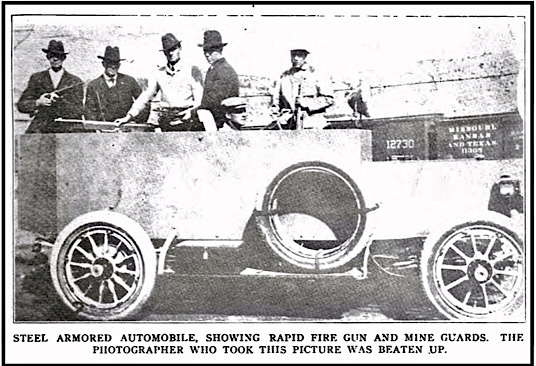
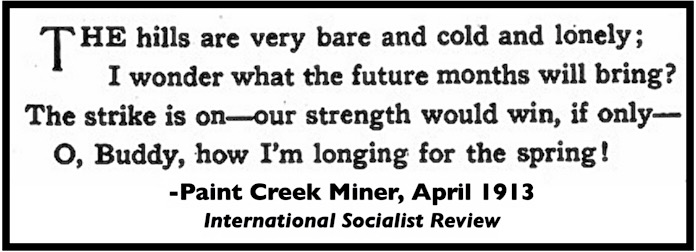 ————–
————–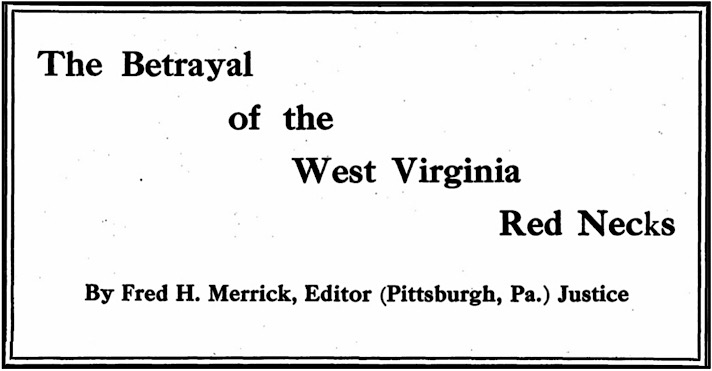
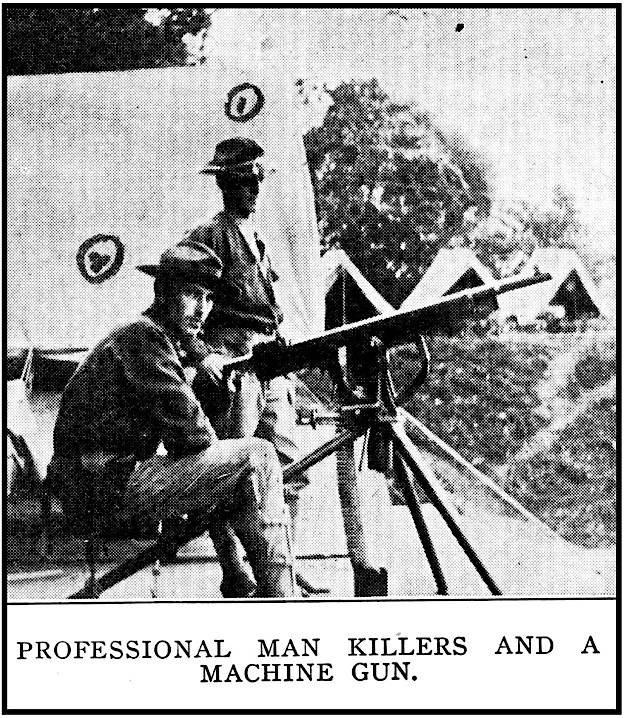
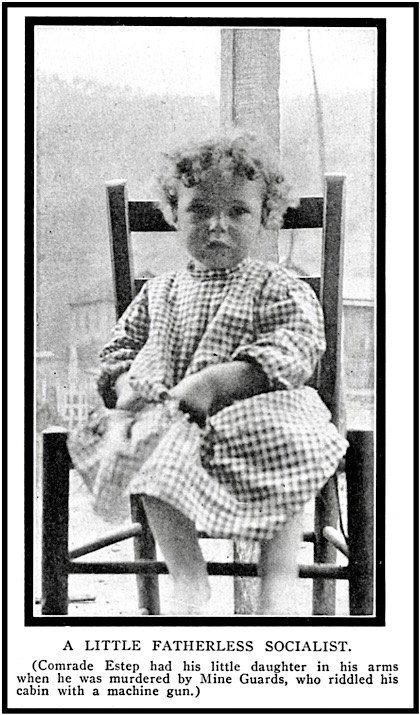
 —————
—————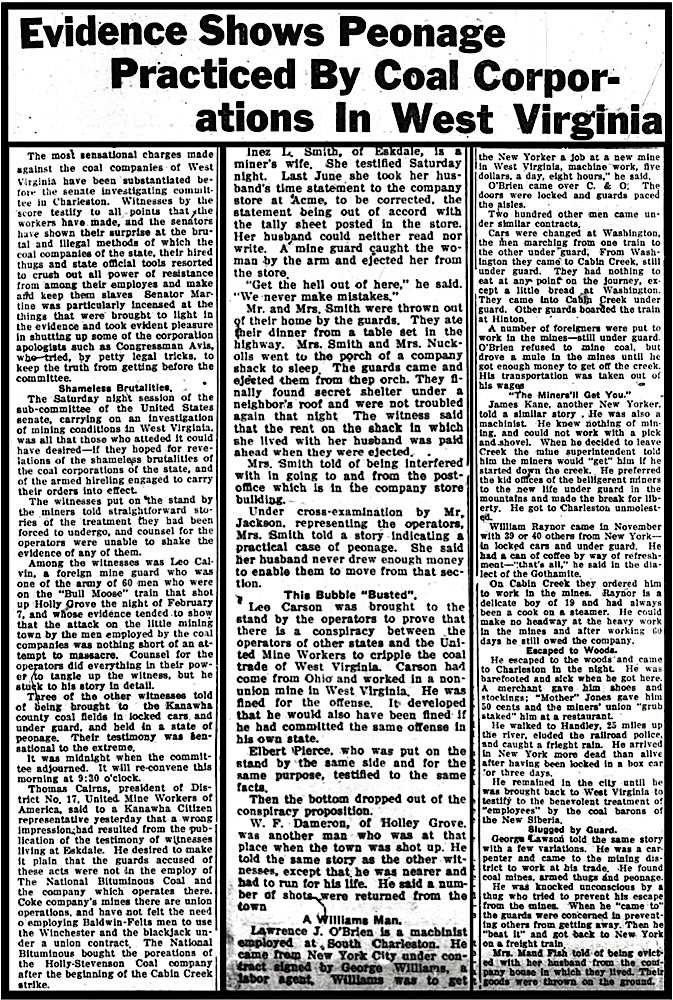
 —————
—————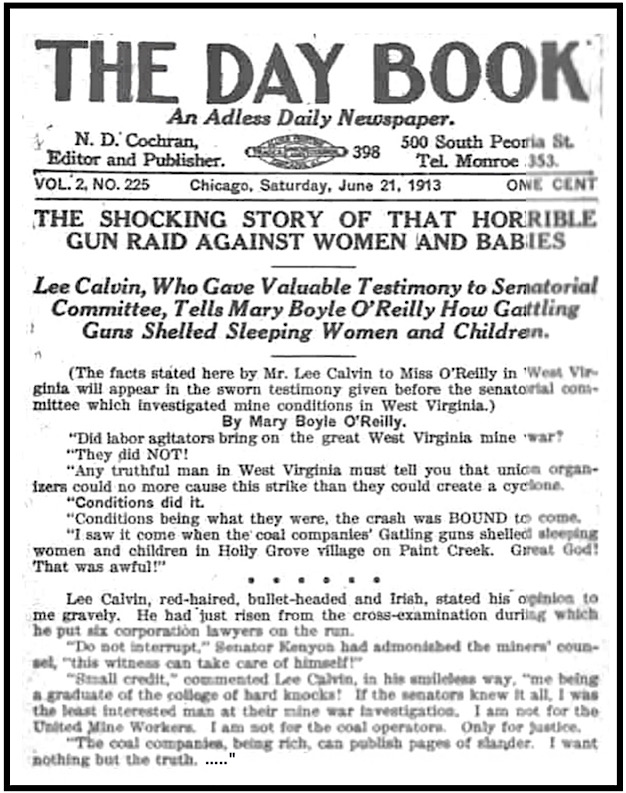
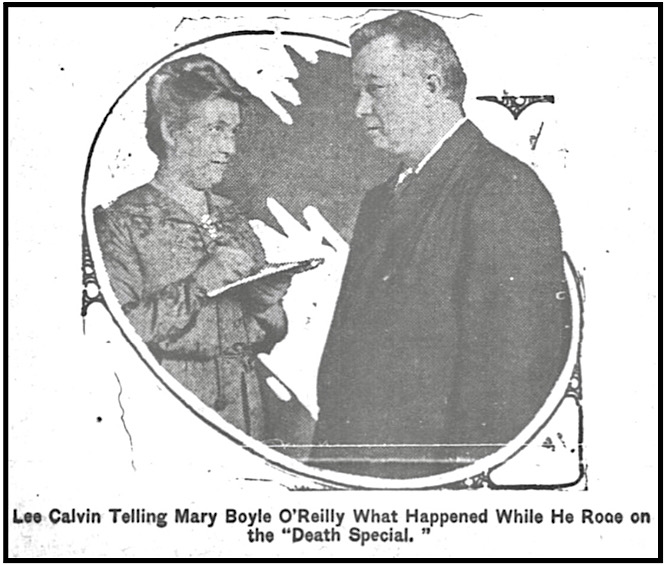
 —————
—————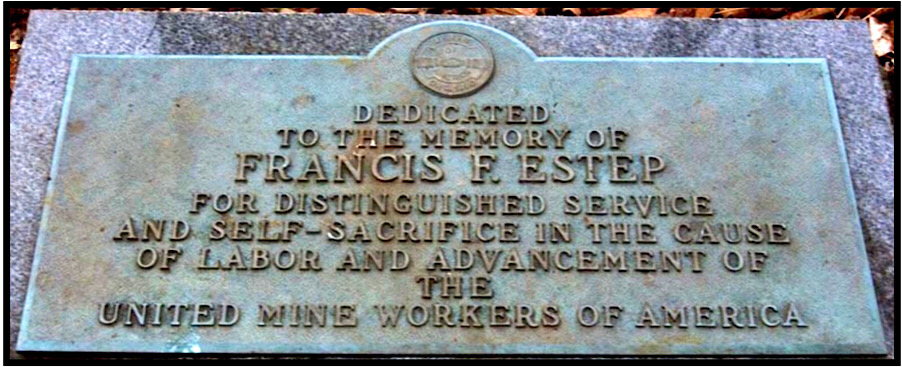
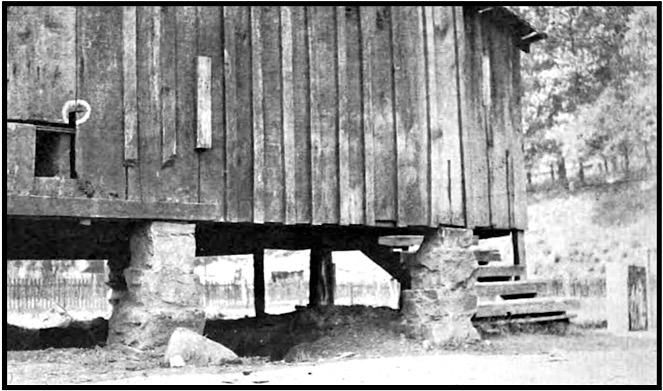
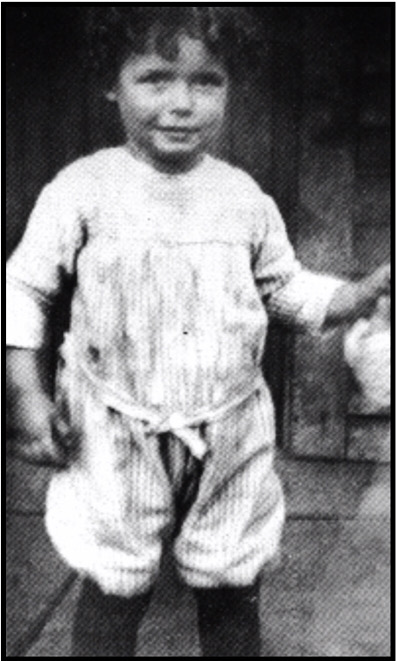
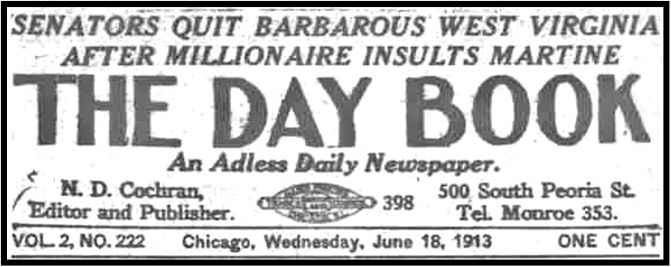
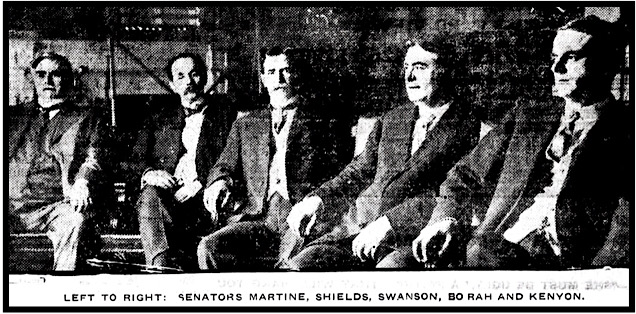

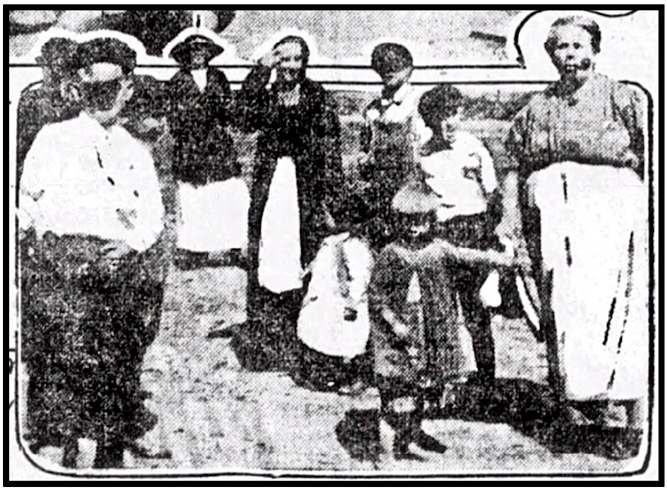

 —————
—————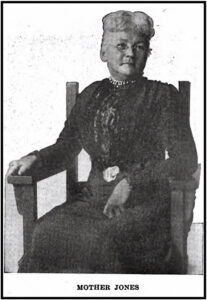
 —————
—————
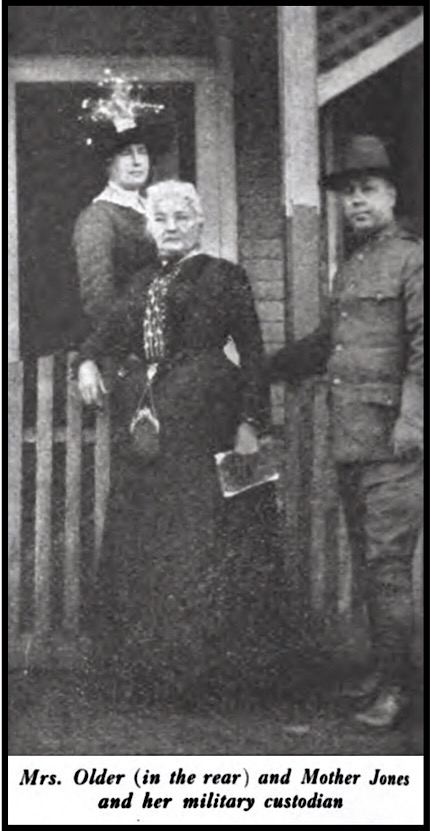
 —————
—————
